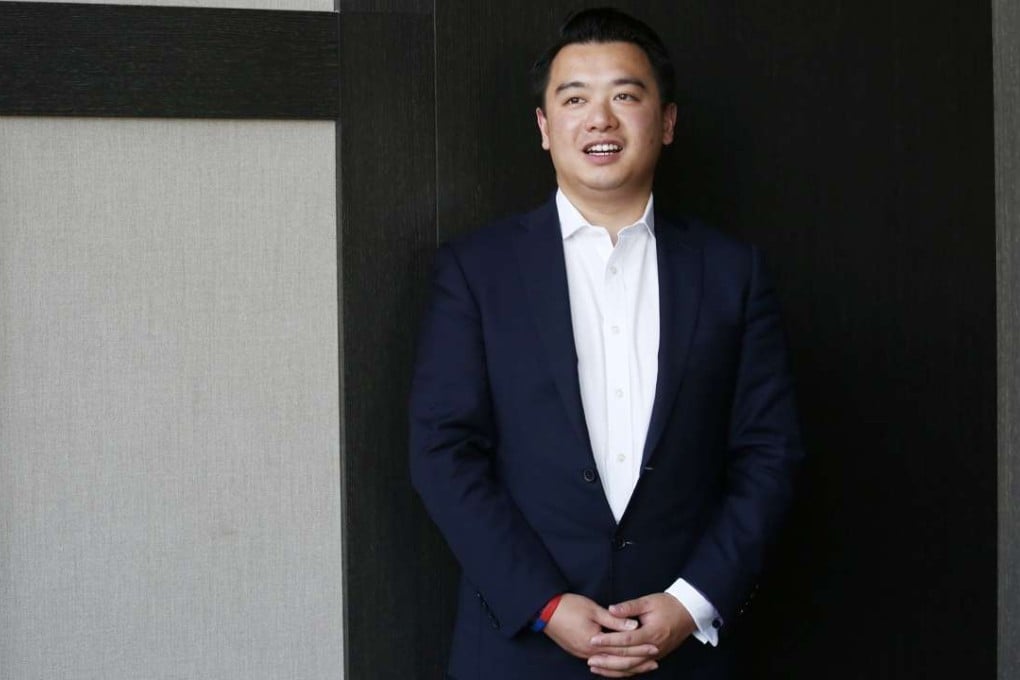Back in the news: Alan Mak, UK's first Chinese lawmaker, talks Brexit, Thatcher and egg fried rice
As Tory MP Alan Mak retains his Havant constituency in the UK election, we revisit an interview he gave to Post Magazine in September.

Shop work A few years before I was born, my parents left their home in Guangdong and moved to the UK, to seek a better life. They settled in the northern city of York and opened a Chinese takeaway on the high street. I grew up above the shop and worked there throughout my childhood, serving customers and helping with basic cooking. We sold Chinese food adapted for the English palate: sweet and sour pork, egg fried rice and spring rolls were popular. Local favourites like curry, chips and mixed grills were also on the menu. As I got older, I became more involved in the management side, ordering supplies and helping with the accounts. It was a fantastic business education, from the ground up.
Running a shop is hard – the hours are long, the rewards are marginal, and you’re on your feet all day. My parents wanted something better for me. Like most Chinese families, they saw education as the solution. I loved school. I worked hard, got good grades and won a place at Cambridge to study law. As a kid from a northern immigrant background, I felt quite intimidated when I first arrived, and it took some time to adjust to the oak-panelled, rarefied environment. But everyone was welcoming and I thrived academically and made lifelong friends. I’ve made the journey from the floor of our shop all the way to the floor of the House of Commons. I hope I’ve made my parents proud.

Real world I joined the Conservative Party when I was 16 but wasn’t actively involved in frontline politics throughout my 20s because I was very busy with my career as a corporate lawyer, and with charity work. Aged 30, I left law to set up a small consultancy business. Being my own boss gave me the freedom to start pursuing a political career. When a Tory seat became available in Havant (in Hampshire, on Britain’s south coast), in 2014, I thought I’d be a good fit. I was selected via a US-style open primary. Usually only party members can choose candidates but, in this case, all the constituents had the right to vote. It’s a much harder system for candidates, because they have to appeal to a broader range of people. I think I won the vote because local people wanted someone with real-world experience, rather than a career politician. They knew I hadn’t come from wealth and privilege but that I had worked my way up and built a successful career.
